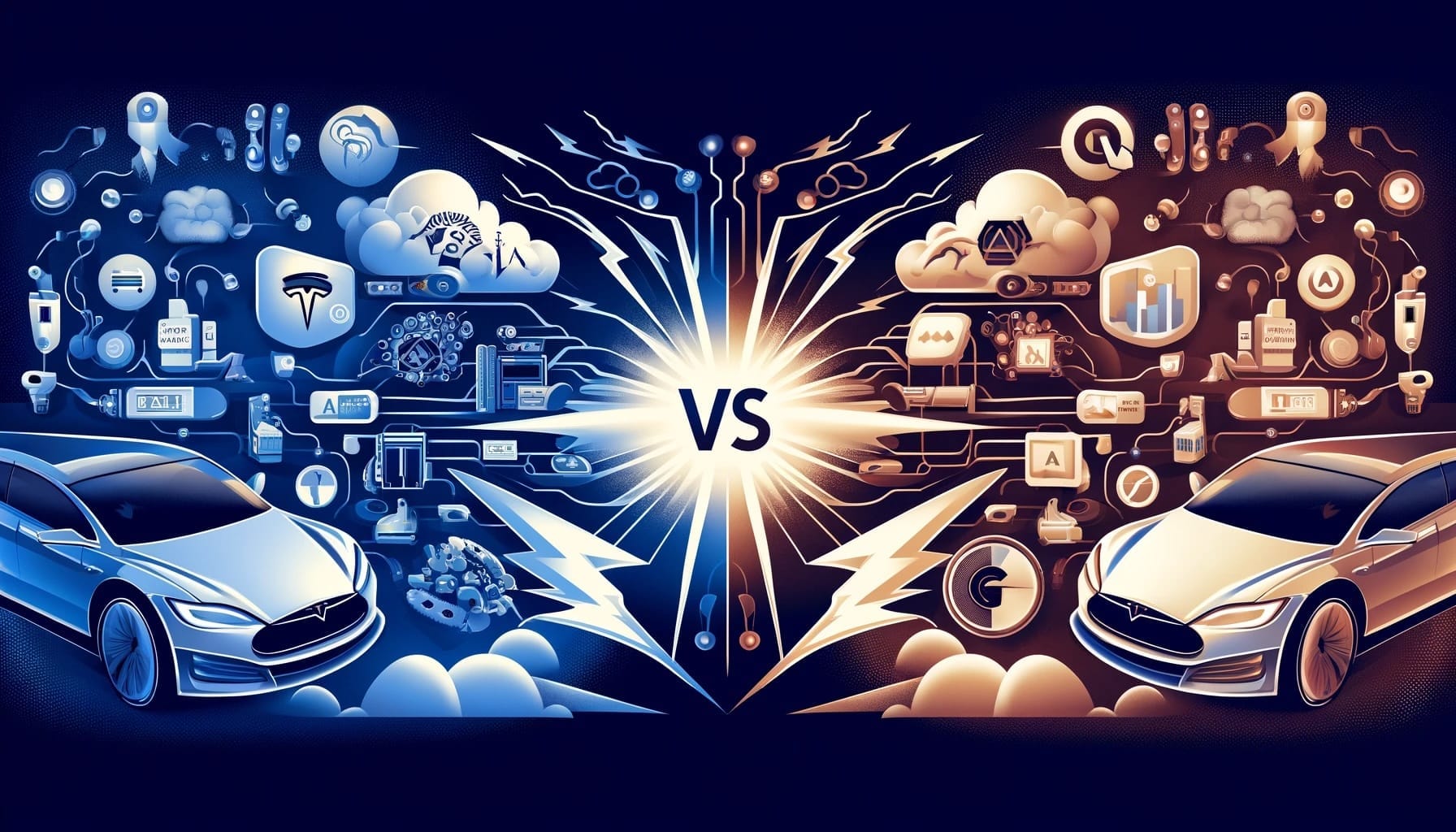Elon Musk announced that Tesla will increase compensation for its AI engineers in an effort to combat aggressive recruiting and massive offers coming from OpenAI, calling it the “craziest talent war” he has ever seen.
Musk claims that OpenAI has managed to attract several engineers from Tesla, with Tesla raising the salary of its AI engineers in an attempt to ward off threats.
Several Tesla engineers have been recruited by xAI, owned by Musk, including ML scientist Ethan Knight, who Musk says was originally meant to join OpenAI.
Mark Zuckerberg has also made headlines for talent recruitment in AI, reportedly sending emails recently to several Google DeepMind employees to recruit them for Meta.
Musk and OpenAI continue their battle, with the billionaire filing a lawsuit last month.
Why it matters
The bitter rivalry between Elon Musk and OpenAI is spilling over into a full-blown talent war, with Tesla seemingly caught in the crossfire. While the AI race has everyone seeking out the top researchers, Musk and Altman’s past history could indicate a more personal angle behind the recruitment.
This scenario highlights the growing competition in the artificial intelligence sector, where companies are willing to offer significant compensation to secure the best talent. The intense battle for AI engineers reflects not only the strategic importance of this technology for the future of companies like Tesla and OpenAI but also the value these professionals bring in developing innovative solutions.
As the dispute continues, we are likely to see an increase in talent retention and recruitment strategies within the industry, as well as a greater emphasis on creating attractive and enriching work environments for AI engineers. With the technological landscape evolving rapidly, a company’s ability to attract and retain the best AI talent could be crucial to its long-term success.
The talent war underscores the importance of artificial intelligence not only as a driver of innovation but also as a highly competitive field where business leaders must constantly fight to keep their teams at the forefront of technology. Meanwhile, the sector watches closely as this contest unfolds, aware that the outcome could have significant implications for the future of AI and its application in various fields.

